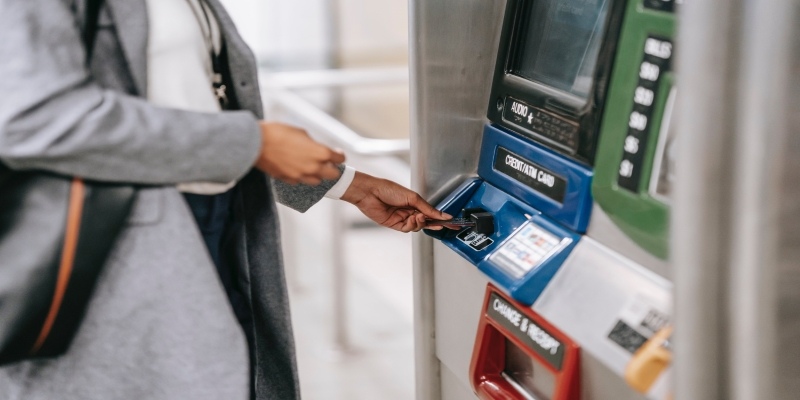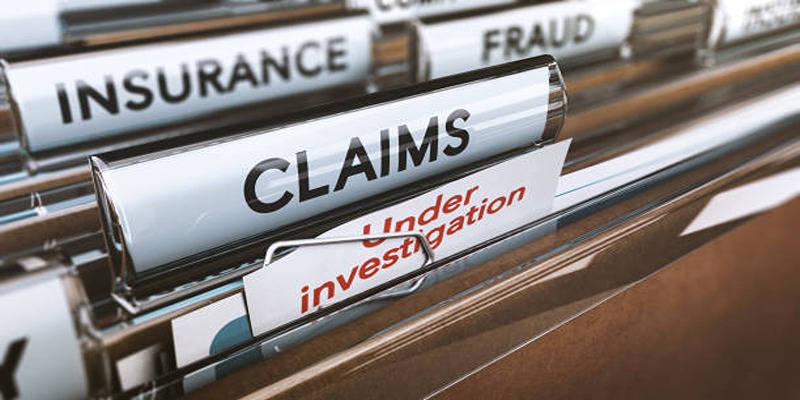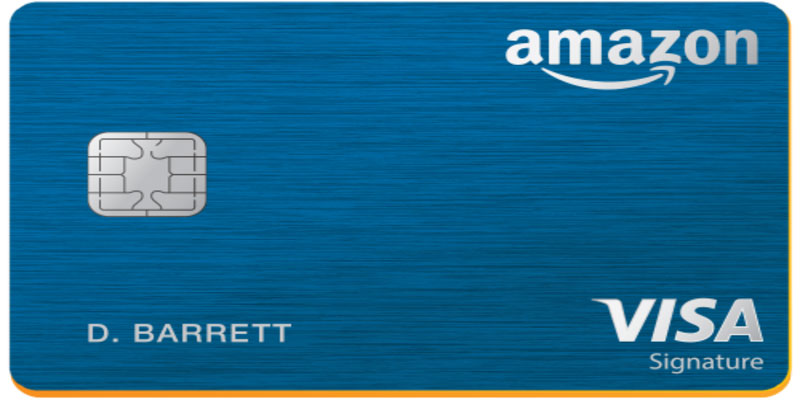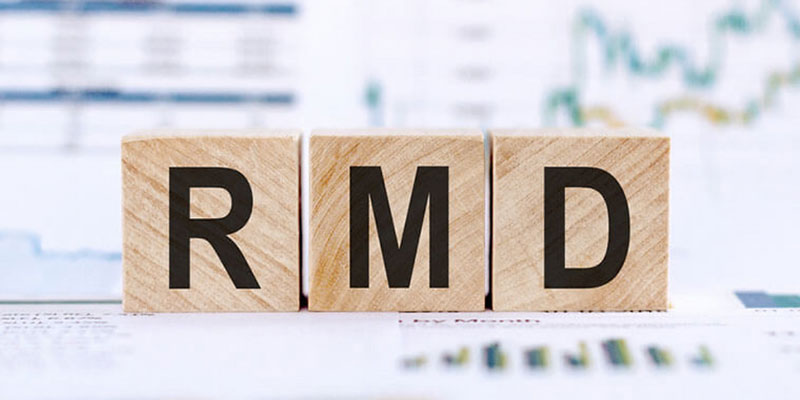Credit and debit cards are an important part of our daily lives. With just one swipe, you can buy anything or pay plenty of bills using these cards. Even though you can use both without using cash, there is always the question regarding safety.
Compared to debit cards, purchases made using credit cards are safer. This is due to the fact that money is taken directly from your personal bank account for every illegal purchase performed with your debit card. Debit cards do not protect against fraud either. Keep reading to learn more about how a credit card is a more safe option than a debit card.
Debit Card vs. Credit Card
A credit card charges an amount of money that you may have to pay off later, maybe with interest, but debit cards let you make purchases directly from your bank account. For a debit card, you will input the pin number when you swipe or tap your card. However, a credit card may require a signature or verification.
Debit and credit cards vary from one another in an important way that goes beyond their technological differences, which is reward. Although there are many different types of credit cards, cashback is a major draw for many people who use credit cards. But security is more crucial than ever because fraud is so common.
A credit card is the best option for your primary payment method for a number of important reasons. They are multifunctional tools that let you make safe transactions, get rewards, establish credit, and borrow money. But you'll lose points on your credit score if you don't have the proper objectives.
4 Reasons Credit Cards Beat Debit Cards
While debit cards can help you avoid loans, they are not as safe as credit cards. Let's explore these four reasons:
Fraud Protection
The strong fraud protection that credit cards offer is one important factor in their greater security over debit cards. In simple terms, you have borrowed money from the credit card company when you make a transaction with your credit card. Under federal law, your financial responsibility is limited to fifty dollars in the case of fraudulent activity or unauthorized transactions. The majority of credit card companies go beyond the ordinary by providing zero-liability protection, which protects you from liability for any illegal transactions.
Debit cards, on the other hand, are connected to your bank account immediately. The money is taken straight out of your account if a thief obtains your debit card information and uses it to make illegal purchases.
Although certain banks provide limited liability protection, it might take longer and be more difficult to recover stolen money from a hacked debit card than it does for credit cards. Essentially, credit cards offer an extra degree of protection, ensuring your security and peace of mind against fraudulent activity.
Limited Financial Exposure
Unlike debit cards, credit cards have a buffer zone. Until your monthly charge is paid, every purchase you make with a credit card is effectively a consumption of the issuer's money. This indicates that in the event of a fraudulent charge, the money at risk is not yours but rather the company's fund.
By comparison, when you make a purchase using a debit card, the funds are taken out of your bank account immediately. Your entire account could be emptied if someone manages to obtain inappropriate access to your debit card information. Working with your bank to get back the stolen funds may cause you some financial difficulties and trouble in the short term.
When using a credit card, you can identify and challenge unauthorized transactions before the bill is paid. This delay reduces the financial impact on your accounts and provides an extra degree of security.
Creating a Credit History
This feature adds to the safety of credit cards, even though their main goals are safety and credit history creation. Using a credit card correctly can have a favorable effect on your credit score, which is important for future financial activities like obtaining a mortgage or loan.
You build a good credit history when you use your credit card responsibly and pay the bills on time. A high credit score acts as a warning against fraud as well as a reflection of your financial caution. Users with greater credit scores are more likely to receive extra security measures and close monitoring from credit card companies.
Additionally, establishing a credit history gives you access to other financial services and tools that are available for strong credit. Since debit cards are directly associated with your bank account, they don't add to your credit history. Over time, a strong credit history could enhance your security and stability in terms of money.
Grace Period for Dispute

A standard grace period on credit cards enables users to challenge charges prior to being forced to make payments. Usually lasting 30 days, this grace period allows you to check your monthly statement and notify the credit card provider of any unapproved or doubtful activities.
This feature reduces the damage to your finances by giving you the chance to identify fraudulent activity early on. Debit card transactions, on the other hand, may not afford you the luxury of a grace period and are taken out of your account right away. It may take longer and be more difficult to dispute to recover money if you find an error or unauthorized charge on your debit card statement.
Conclusion
In summary, credit cards are a safer option for a variety of reasons, even if both debit and credit cards are convenient for everyday purchases. Credit cards are a safe option for customers because of their strong fraud protection, minimal financial risk, advantages related to credit history, and grace time for disputes. You may take advantage of these benefits and still enjoy the ease of paper currency while keeping your financial transactions secure.





